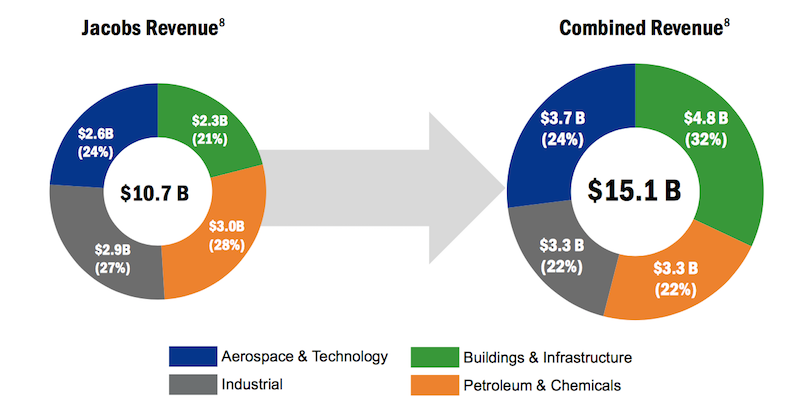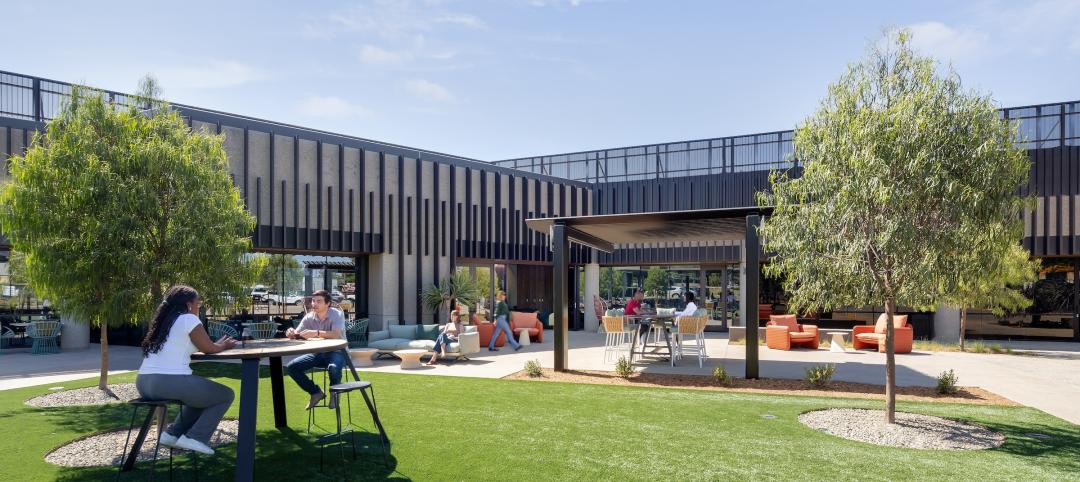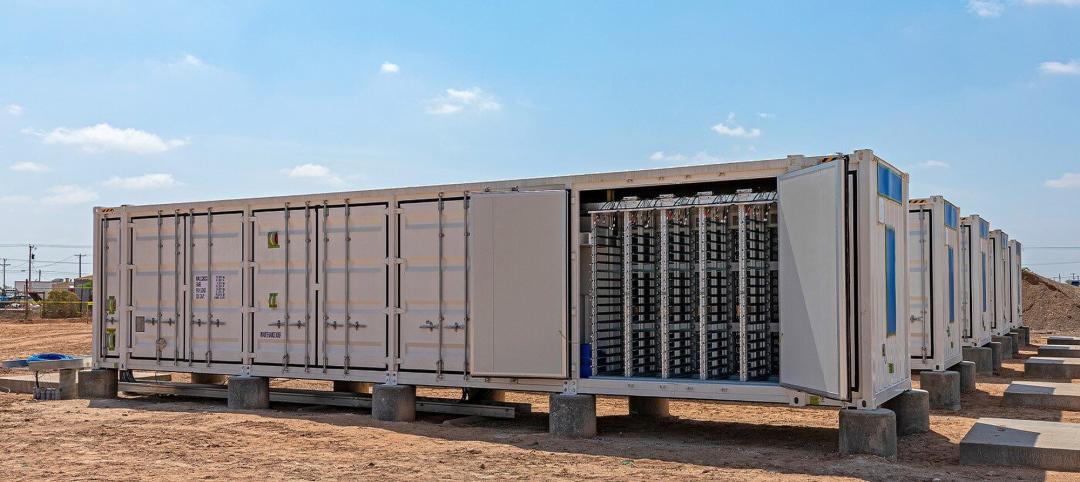Jacobs Engineering Group has entered into a definitive agreement to acquire the outstanding shares of CH2M Hill Companies, an Englewood, Colo.-based consulting and program management firm that is a leader in infrastructure, environmental, and government sectors.
Dallas-based Jacobs will finance this deal, valued at $3.27 billion (including assumption of $416 million of CH2M debt), with 60% cash and 40% stock. The firm has secured financing, including a $1.2 billion three-year term loan.
The acquisition is expected to close by the first quarter of 2018. It is subject to approval by CH2M’s shareholders that would own 15% of Jacobs’ stock upon consummation.
Jacobs is already a major player in the oil and chemicals sectors as a consultant, engineer, and project manager. Its other specialties include construction, aerospace, and defense.
In CH2M, Jacobs is acquiring a 71-year-old firm that is a leader in such areas as water infrastructure, transportation, industrial manufacturing, and environmental services.
CH2M, with more than 20,000 associates, is employee owned. It generates about $4.4 billion in annual revenue, with 73% of its business coming from consulting and program management. More than 70% of its clientele is local, state, or federal governments. Its adjusted cash flow, as of June 2017, was $323 million.
The combined company’s $15.1 billion in revenue could challenge AECOM as the world’s largest engineering firm, at a time when the Trump Administration has proposed, in general terms, an infrastructure construction and repair program in the U.S. that would include $1 trillion in public and private funding over a decade.
The combined company would be more heavily weighted toward building and infrastructure than Jacobs is currently. And the combination would surpass AECOM in global design revenue ($10 billion vs. $7.4 billion).

Buildings & Infratstructure would be a bigger part of Jacobs' portfolio if its merger with CH2M goes through. Image: Jacobs
“This is a major milestone for Jacobs and the industry,” proclaimed Steve Demetriou, Jacobs’ Chairman and CEO, during a webcast to provide analysts with details about the agreement. Demetriou was joined by Bob Pragada, President of Jacobs’ Buildings and Infrastructure & Industrial business unit; and Kevin Berryman, the firm’s EVP and CFO.
None of CH2M’s corporate officials participated in the webcast, and it’s not clear who from CH2M’s C-Suite would be staying on, or whether Jacobs intended to use CH2M’s brand for marketing purposes.
Demetriou did say, though, that one of Jacobs’ top priorities is “retaining talent,” and that the combination would create “career development opportunities” for the combined company’s employees. He also stated that it was not Jacobs’ intention to simply fold CH2M into its operations, but to take advantage of each company’s strengths to become “a premier end-to-end global solutions provider.”
Jacobs has formed an Integration Management Office, led by Gary Mandel and Lisa Glatch, EVPs with Jacobs and CH2M, respectively. The firm has also hired an outside consultant (which it did not identify during the webcast) to assist the merger. Demetriou will chair an executive steering committee set up to ensure a smooth transition and integration.
Another priority is to deliver cost and cost synergies. Jacobs executives made the point several times that there is minimal overlap in Jacobs’ and CH2M’s clientele and markets, and that both companies have pursued relatively low-risk business strategies that focus on profitability and margins. Pragada pointed specifically to Buildings, Infrastructure, Aerospace, and Technology as “higher margin” sectors that the combined company would pursue.
However, there will be streamlining if this deal goes through. Berryman said Jacobs projects this combination to produce $150 million in annual cost savings by its second full year. Berryman said “at least” 50 of the two firms’ locations worldwide present “combination opportunities.”
During the webcast, some analysts expressed skepticism about this merger, based on past AEC deals that didn't pan out as advertised, and on the fact that this deal makes Jacobs more design oriented.
Executives at Jacobs—which during its history has acquired more than 70 companies—countered that this deal has undergone extensive due diligence of all of CH2M’s projects. More to the point, they said the acquisition is a good fit for Jacobs’ broader three-year strategic growth initiative that began last year.
Demetriou assured analysts that his company has “the accountable leadership in place” to execute the CH2M deal, and to “create a new industry leader and stronger partner.”
Related Stories
M/E/P Systems | Oct 30, 2024
After residential success, DOE will test heat pumps for cold climates in commercial sector
All eight manufacturers in the U.S. Department of Energy’s Residential Cold Climate Heat Pump Challenge completed rigorous product field testing to demonstrate energy efficiency and improved performance in cold weather.
MFPRO+ New Projects | Oct 30, 2024
Luxury waterfront tower in Brooklyn features East River and Manhattan skyline views
Leasing recently began for The Dupont, a 41-story luxury rental property along the Brooklyn, N.Y., waterfront. Located within the 22-acre Greenpoint Landing, where it overlooks the newly constructed Newtown Barge Park, the high-rise features East River and Manhattan skyline views along with 20,000 sf of indoor and outdoor communal space.
Resiliency | Oct 29, 2024
Climate change degrades buildings slowly but steadily
While natural disasters such as hurricanes and wildfires can destroy buildings in minutes, other factors exacerbated by climate change degrade buildings more slowly but still cause costly damage.
Office Buildings | Oct 29, 2024
Editorial call for Office Building project case studies
BD+C editors are looking to feature a roundup of office building projects for 2024, including office-to-residential conversions. Deadline for submission: December 6, 2024.
Healthcare Facilities | Oct 28, 2024
New surgical tower is largest addition to UNC Health campus in Chapel Hill
Construction on UNC Health’s North Carolina Surgical Hospital, the largest addition to the Chapel Hill campus since it was built in 1952, was recently completed. The seven-story, 375,000-sf structure houses 26 operating rooms, four of which are hybrid size to accommodate additional equipment and technology for newly developed procedures.
Sports and Recreational Facilities | Oct 24, 2024
Stadium renovation plans unveiled for Boston’s National Women’s Soccer League
A city-owned 75-year-old stadium in Boston’s historic Franklin Park will be renovated for a new National Women’s Soccer League team. The park, designed by Fredrick Law Olmsted in the 1880s, is the home of White Stadium, which was built in 1949 and has since fallen into disrepair.
Laboratories | Oct 23, 2024
From sterile to stimulating: The rise of community-centric life sciences campuses
To distinguish their life sciences campuses, developers are partnering with architectural and design firms to reimagine life sciences facilities as vibrant, welcoming destinations. By emphasizing four key elements—wellness, collaboration, biophilic design, and community integration—they are setting their properties apart.
Engineers | Oct 23, 2024
Navigating battery energy storage augmentation
By implementing an augmentation plan upfront, owners can minimize potential delays and unforeseen costs when augmentation needs to occur, according to Burns & McDonnell energy storage technology manager Joshua Crawford.
Adaptive Reuse | Oct 22, 2024
Adaptive reuse project transforms 1840s-era mill building into rental housing
A recently opened multifamily property in Lawrence, Mass., is an adaptive reuse of an 1840s-era mill building. Stone Mill Lofts is one of the first all-electric mixed-income multifamily properties in Massachusetts. The all-electric building meets ambitious modern energy codes and stringent National Park Service historic preservation guidelines.
MFPRO+ News | Oct 22, 2024
Project financing tempers robust demand for multifamily housing
AEC Giants with multifamily practices report that the sector has been struggling over the past year, despite the high demand for housing, especially affordable products.

















